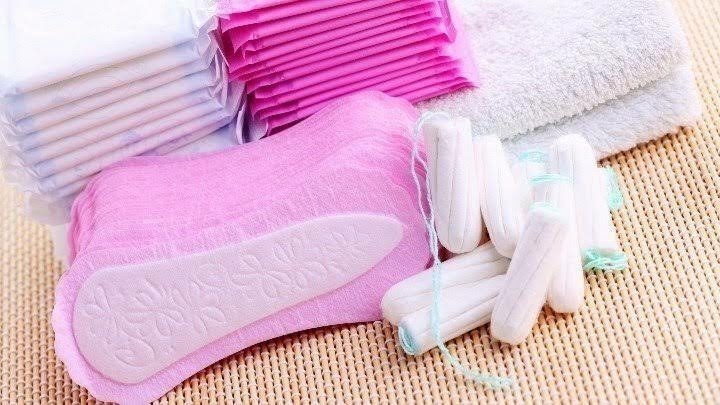A NGO, High Level Women Advocate (HILWA), has called on the Katsina State Government to establish menstrual pad banks primary and junior secondary schools (JSS) in the state.
Hajiya Hadiza Aminu, a resource person, made the call on Wednesday at a training organised for 50 principals, head teachers and teachers in the Funtua zone of the state.
The training on menstrual hygiene management was organised by the UNICEF, federal and state governments in collaboration with the HILWA.
The News Agency of Nigeria (NAN) recalls that on Sunday, the training was flagged off in the Katsina zone with about 100 participants.
On Monday, about 50 participants from the Daura zone were also trained, making 200 participants across the three senatorial zones in the state.
She explained that the participants were taught how to maintain hygiene in their schools, the use of different pad products, especially reusable and disposable pads.
She expressed the hope that at the end of the training, they would pass down what they have learned to those girl- students and also establish pad banks.
According to her, the issue of establishing a menstrual pad bank in girls’ schools is important and one of the major aims of the training.
She said that with the pad bank menstrual pads would be made available to the girls in schools and also at homes for emergency use without being embarrassed.
Hajiya Aminu said that lack of menstrual pad banks in school sometimes forced the girl-students to stay at home without coming to school while they are menstruating.
One of the participants, the Vice Principal, Government Girls Secondary School Funtua, Hajiya Murja Mu’azu, said the effort was commendable.
According to her, the issue of menstrual hygiene management is something that needs to be looked upon, because they used to face challenges when the students are on period.
She said that the training has given them the opportunity to know some ways and strategies to handle such issues, saying that they would definitely teach the girls.
Hajiya Mu’azu praised UNICEF and all stakeholders for their efforts in girl-child education, especially on their enrolment, retention and completion of education.
The project funded from the GEP-3 funding was sponsored by the Foreign Commonwealth and Development Office (FCDO) and implemented by UNICEF.

















Discussion about this post